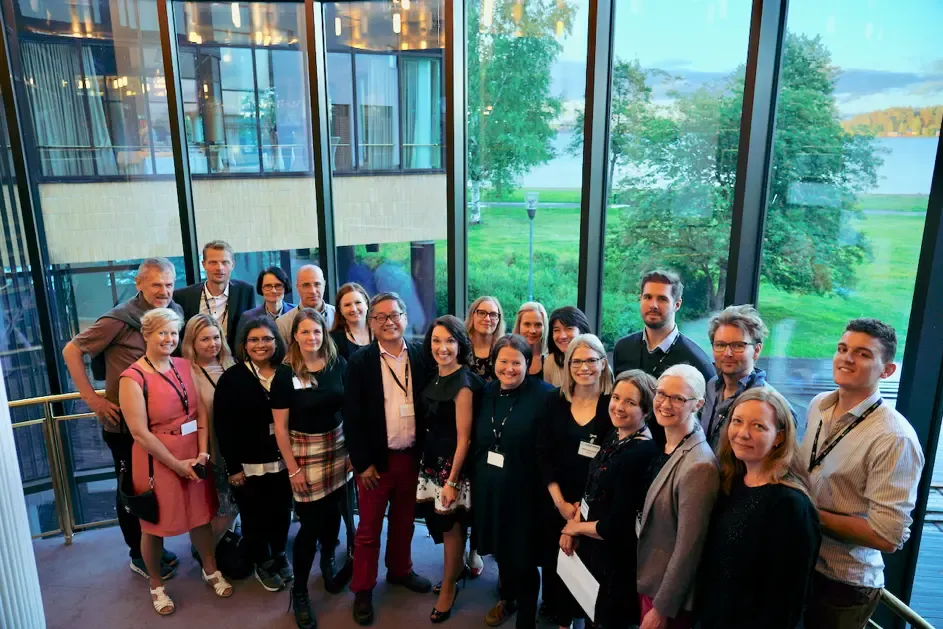The NBN also collaborates with several other universities in Nordic countries and numerous international researchers from various regions in the world. NBN has increased the resources available to the field of cognitive impairment, dementia/Alzheimer’s disease and aging research. The network also promotes collaboration among Nordic countries, exchange of knowledge, increased productivity and international competitiveness.
Members of NBN have identified several modifiable and treatable risk factors for dementia and Alzheimer’s disease, including interactions between genetic and environmental factors,
They also conduct multidomain lifestyle interventions for the prevention of dementia, including exercise, diet, cognitive training and vascular risk management. They are actively involved in several phase I-III randomized controlled trials with potential disease-modifying drugs. NBN contributes additionally to understanding biological mechanisms underlying the onset and progression of Alzheimer’s disease, and to developing biomarkers that can aid early diagnosis, prognosis and treatment monitoring in Alzheimer’s disease. More recently, they are developing and testing novel eHealth tools for dementia risk detection, dementia prevention, and for clinical decision support.
Additional members employed at / affiliated to University of Eastern Finland and National Institute for Health and Welfare, Helsinki, Finland (45+ members)
Collaborations
Numerous collaborations in Nordic countries, EU, and globally. For more details, please see the document entitled ‘Kivipelto_NBN_Projects’
Research support
With special thanks to the following donors for the support they provide or earlier provided to our research:
- Swedish Research Council
- Alzheimerfonden
- Alzheimerfondens Jubileumsfond
- Hjärnfonden
- Joint Programme Neurodegenerative Disease (JPND)
- Academy of Finland
- Center for Innovative Medicine (CIMED)
- Alzheimer’s Research and Prevention Foundation,
- Alzheimer’s Association,
- AXA Research Fund,
- Wallenberg Clinical Scholar,
- Konung Gustaf V:s och Drottning Victorias Frimurarstiftelse
- ALF grant
- EU 7th framework grant
- KID funding
- La Carita Foundation
- Juho Vainio foundation
- The Social Insurance Institution of Finland (Kela)
- Novo Nordisk
- Ministry of Education and Culture (Finland
- Innovative Medicine Initiative- European Prevention of Alzheimer’s Disease Consortium (IMI-EPAD)
- European Institute of Innovation and Technology: EIT-Health (a body of the EU
- Wallenberg Clinical Scholars
- MetLife Foundation Major Award for Medical Research
- Stockholms sjukhem donation professor post

